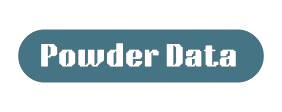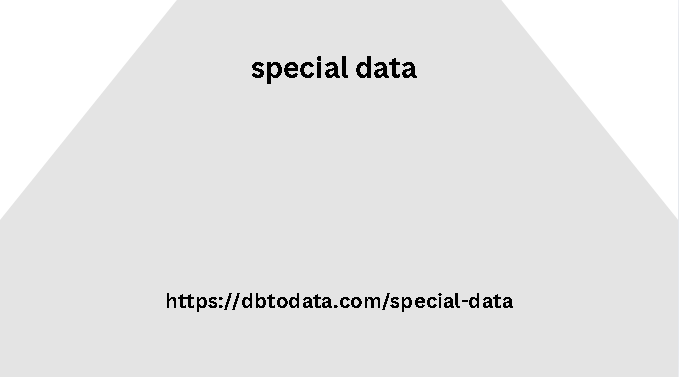Remember, you were hired because something about you stood out to the interview panel. They chose you. My current supervisor taught me a great lesson – you always need a plan A, B, C, and even D. Position yourself as the solution to your organization’s challenges.
Take your innate creativity
Do plenty of research and offer your team options to choose from. It’ll look great on your resume. They don’t know what they don’t know. You may find yourself facing some challenges along the way. The people you communicate with don’t know anything — in fact, don’t even think of assuming. A quick way to destroy your credibility, or worse, make you look bad in front of your superiors. Find a way to explain things that makes sense to your audience.
It’s often a delicate dance of simplification
while trying to avoid leaving your audience feeling ignorant. Don’t leave them hanging. If you must, set calendar appointments to pop up gcash phone number automatically to remind you to respond to client emails or submit reports by a deadline. When you receive an email or missed call, always follow up promptly. Even if you don’t have time to fully respond at the time, sending someone an email confirming receipt can go a long way.
Flag the message so you know to
Check back when you have more time. Above all, be confident, speak up and be kind. See every click as a push forward, learn to accept the case study highlights the significance criticism (feedback is a gift) and adapt to change. Blake Scates is a GovLoop Part of our Featured Contributor Program, where we feature articlesConflict is an inevitable part of every work environment.
Different opinions, divergent agendas,
Personal disagreements often put you and your colleagues on opposite sides of a conflict. But that’s not necessarily a bad thing. When teams rich data thoughtfully handle conflict, they can often reach an agreement that is more favorable than any one person’s ideas or goals would have otherwise been. In addition, you can use conflict to learn about your colleagues—what they want, what their ideas are, and how to better work with them. But to successfully resolve conflict, you first have to know how to handle it.

